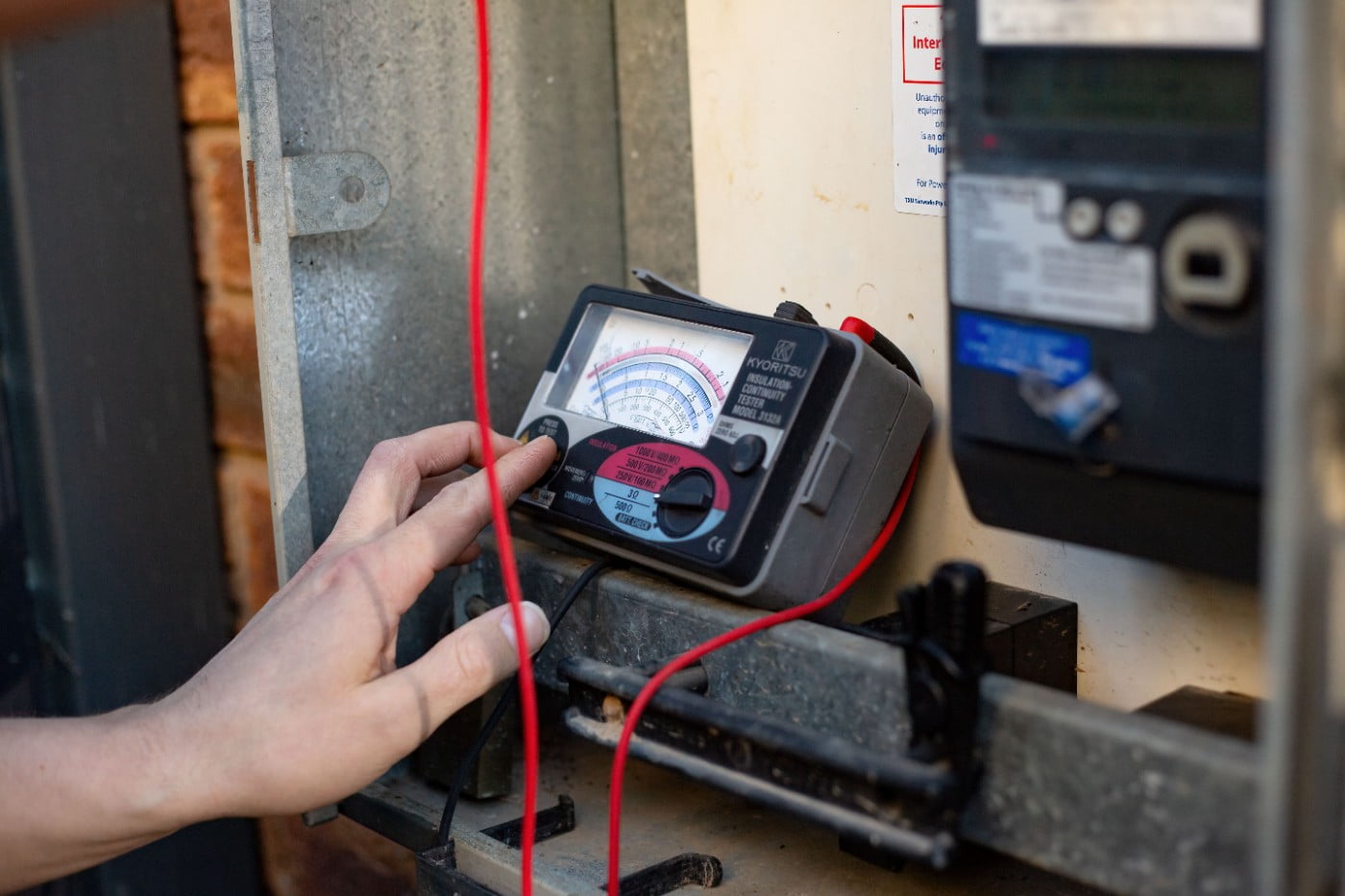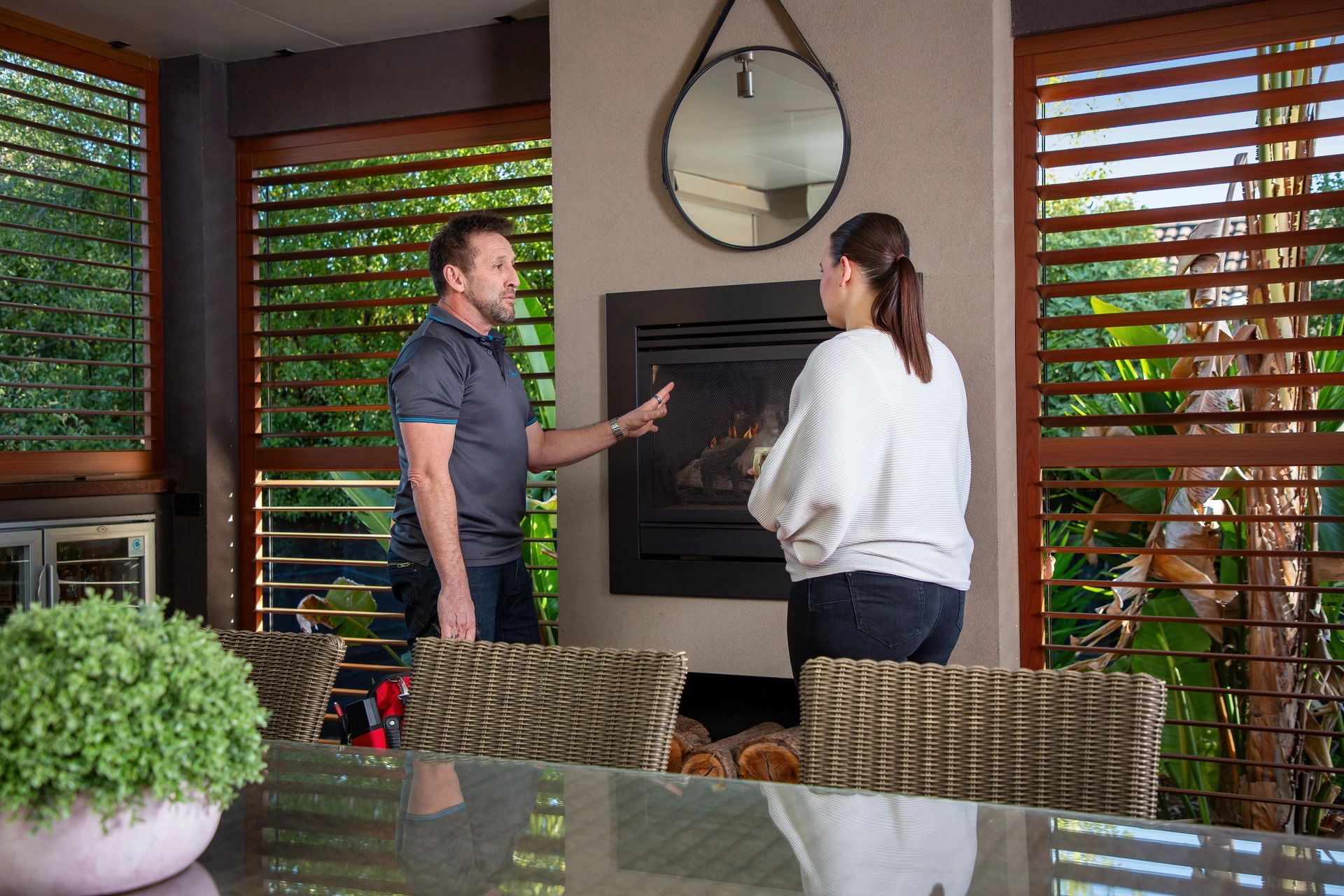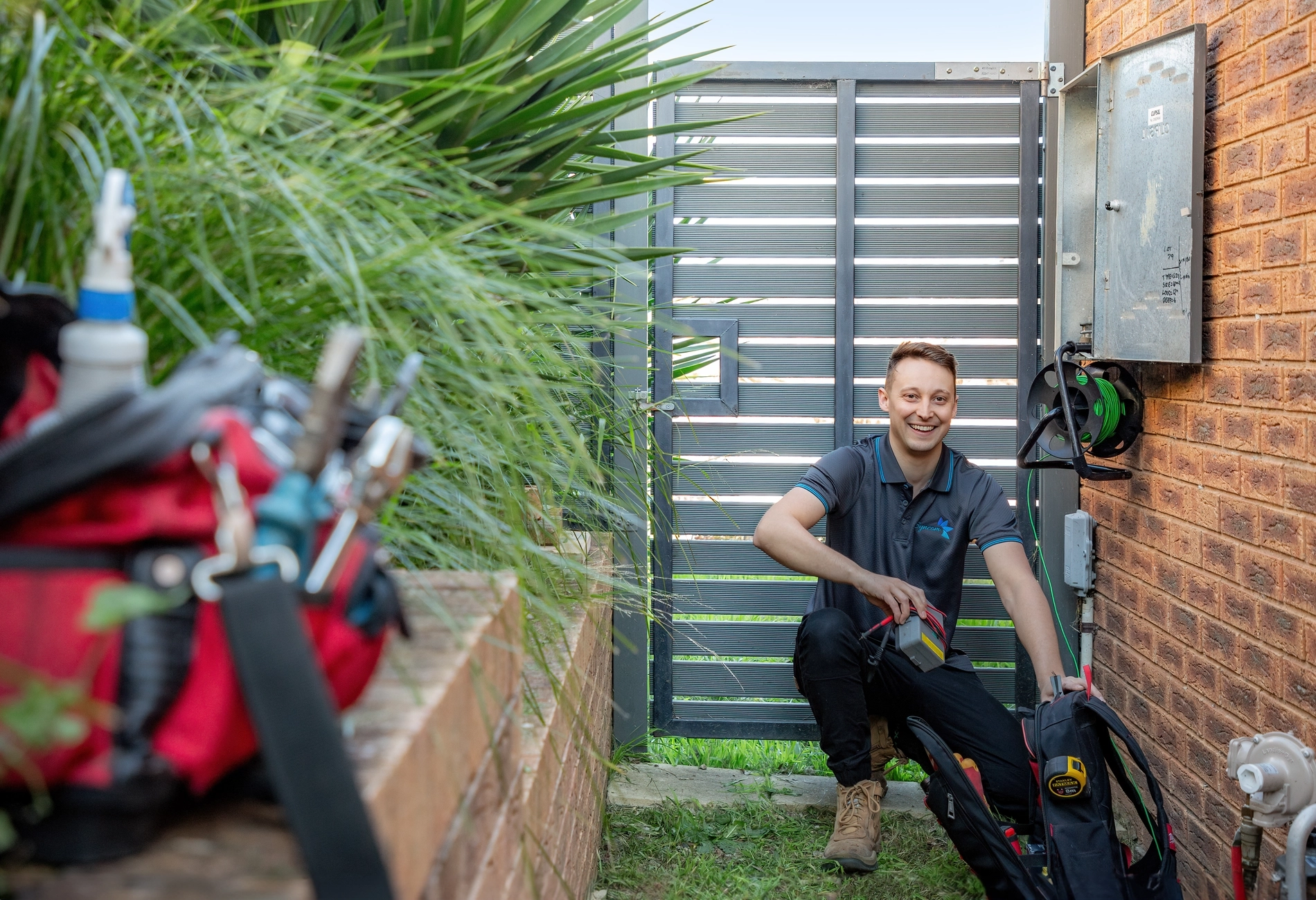MINIMUM STANDARDS LEGISLATION
See below summary exert from Consumer Affairs Victoria’s minimum standards requirements in a rental property:
Bathroom
A rental property’s bathroom must have a washbasin and a shower or bath, and be connected to a reasonable supply of hot and cold water.
Showers must have a shower head with a 3-star water efficiency rating. If one cannot be installed, for example because of the property’s age, then a shower head with a 1- or 2-star rating is acceptable.
Electrical safety
The electrical safety rental minimum standard commenced on 29 March 2023.
Rental properties must have modern switchboards, with circuit breakers and electrical safety switches installed. Electrical safety switches are known as residual current devices (RCD, RCCB or RCBO).
Rental providers are responsible for engaging an electrician to ensure their rental property complies with the electrical safety standard.
If your rented premises has a circuit breaker type switchboard
The rented premises can meet the minimum standard if the electrician adds circuit breaker components to the power outlets and lighting circuits, without the need to add to or modify the circuit protection to other circuits (such as fixed cooking equipment, hot water units or air-conditioning circuits).
The circuit breaker components include:
– an overcurrent circuit breaker and a residual current device (RCDs), or
– an overcurrent circuit breaker and a residual current operated circuit-breakers without integral overcurrent protection (RCCBs), or
– a residual current operated circuit-breaker with integral overcurrent protection (RCBOs).
If your rented premises does not have a circuit breaker type switchboard.
Some properties do not have circuit breaker type switchboards, such as older properties that have a panel and fuse board or a federal fuse board.
With these older fuse boards, an electrician may not have the option of adding circuit breaker components (such as RCDs, RCCBs or RCBOs) and may have to replace the entire switchboard to ensure the rented premises meets the electrical safety standard. In this case, there must be circuit breaker components for all the circuits at the switchboard, including fixed cooking equipment, hot water units and air-conditioning circuits.
Heating
All rental properties must have a fixed heater (not portable) in good working order in the main living area.
For rental agreements entered into from 29 March 2023, this must be an energy efficient fixed heater in the main living area. If there is an existing fixed heater that is not energy efficient, the rental provider must upgrade it.
An energy efficient fixed heater must be one of the following:
– a non-ducted air conditioner or heat pump with a 2 star or above energy rating
– a gas space heater with a 2 star or above energy rating
– a ducted heating or hydronic heating system with an outlet in the main living area
– a domestic solid fuel burning appliance, such as a fireplace or wood burning stove.
Apartments
In some apartment blocks it may not be practical to install an energy efficient heater – because of owner’s corporation rules, or costs, for example.
It may be unreasonable to install an energy efficient heater if:
– the cost of installation would be significantly higher than the average cost in a domestic apartment building
– owners corporation rules prohibit it
– compliance with any other Act or local law makes the installation cost prohibitive.
If this is the case, the rental provider must still install a fixed heater in the main living area.
If a rental provider considers that it would be unreasonable to install an energy efficient fixed heater, they should:
– have evidence to show that it is unreasonable, and
– let the renter know before they enter into a rental agreement.
You can download our guide for more information: Minimum rental standards for heating – Residential Tenancies Regulations 2021.
Kitchen
The property must have a kitchen with:
– a dedicated cooking and food preparation area
– a sink in good working order connected to a reasonable supply of hot and cold water
– a stovetop in good working order that has two or more burners.
If there is an oven, it needs to be in good working order.
These requirements do not apply if the property is listed in the heritage register at Heritage Council Victoria and has an approved exemption from the standard.
Laundry
If there is a laundry on the property, it must be connected to a reasonable supply of hot and cold water.
Lighting
Inside rooms, corridors and hallways must have access to light to make the areas functional. During the day, natural light can include light borrowed from an adjoining room. At night, renters should have access to artificial light.
These requirements do not apply if the property is registered under the Heritage Act 2017 and has an approved exemption from the standard.
Locks
The property’s external entry doors must have functioning deadlatches or be fitted with locks that can be unlocked with a key from the outside but can be unlocked without one from the inside.
The only cases where a deadlatch doesn’t have to be fitted to a door are when:
– a door cannot be secured with a deadlatch – for example, because of its position
– it is a screen door in the same door frame as an external door
– a different type of lock or device is required under another Act or law
– the door is not accessible because there is another type of security barrier. For example, a locked door to an apartment building, or a locked gate
– the property is registered under the Heritage Act 2017 and has an approved exemption from the standard.
Read more about locks and security.
Mould and damp
All rooms must be free from mould and damp caused by or related to the building structure.
Structural soundness
The property must be structurally sound and weatherproof.
Toilets
The property’s toilet must be in good working order and connected to either:
– pipes that carry the sewage to a treatment plant (a reticulated sewerage system)
– a wastewater treatment system permitted under the Code of practice – Onsite wastewater management at EPA Victoria
– any other system approved by the local council.
The toilet must be in a separate room in the property, either by itself, or in an appropriate room like a bathroom or in a combined bathroom-laundry.
Ventilation
Rental properties must have adequate ventilation in all habitable rooms including the bathroom, shower, toilet and laundry.
The property must meet the appropriate ventilation requirements of the Building Code of Australia, which are different for different kinds of properties. You can search resources in the Australian Building Codes Board resources library.
Vermin proof bins
Rental providers must supply a rubbish bin and a recycling bin for the renter to use. The bins can be provided by the local council or purchased elsewhere, as long as they are vermin proof and meet council collection standards.
Window coverings
Windows in rooms likely to be used as bedrooms or living areas must be fitted with curtains or blinds that can be closed, block light and provide privacy.
Windows
All external windows in a rental property that can be opened must have a latch or lock installed to secure the windows against external entry.



